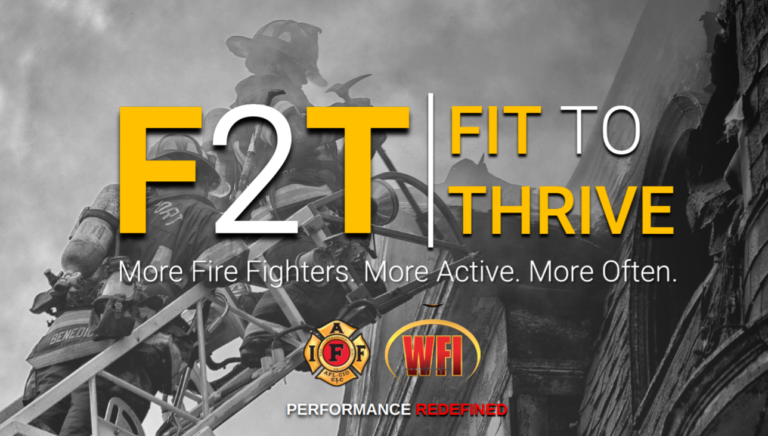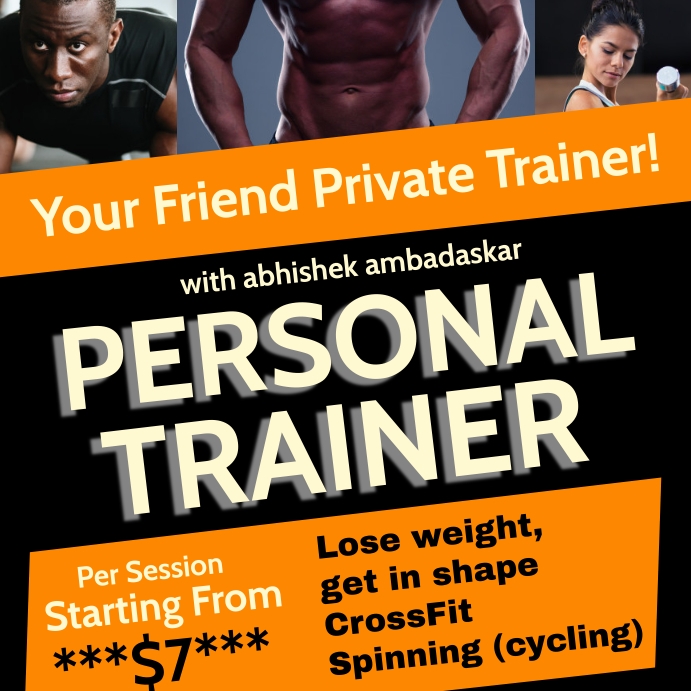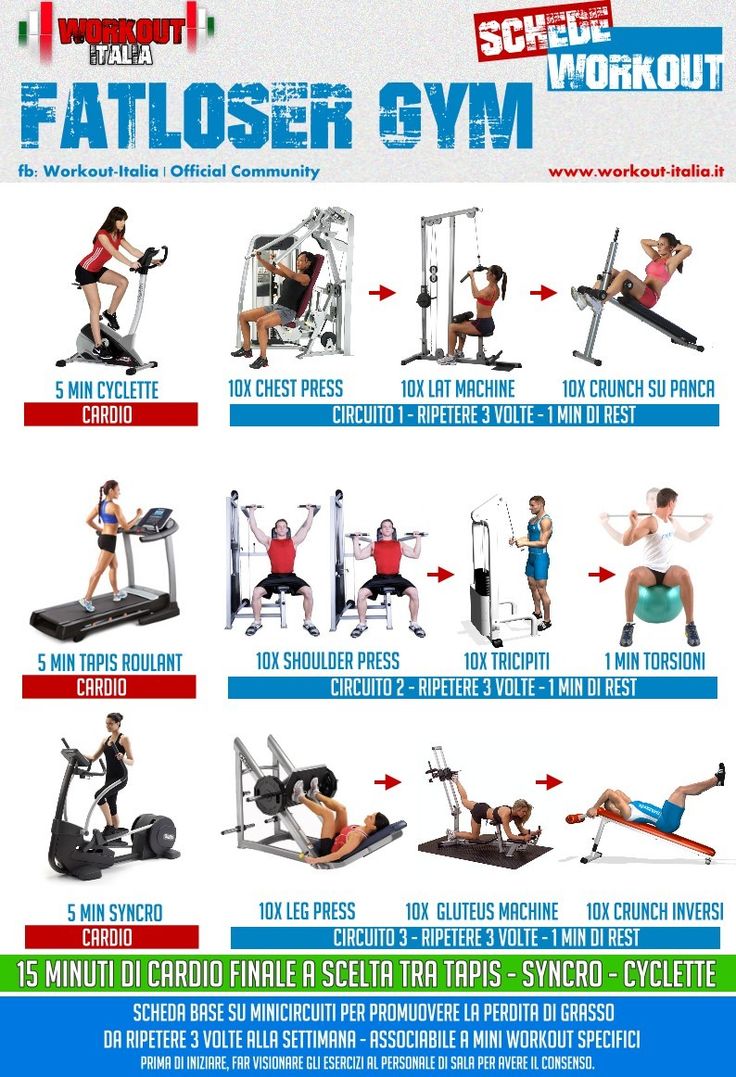
There is a wide range of salaries available for fitness trainers. In general, NSCA CPT trainers make the most money, while independent trainers usually earn less. Trainers with multiple certifications and specialty titles earn more, while those with less experience tend to earn less. It is possible for the salary of fitness instructors to fluctuate over time. Keep an eye on this article to see the range in salary. We'll talk about what is expected for each job category.
The highest-paid NSCA-CPT trainers earn the most
The NSCA-CPT certification, the highest standard in personal trainers, is the best credential you can get if your goal is to be a highly-paid professional in the field. This exam covers four main areas, including consultation with clients as well as exercise techniques and safety issues. It is the most difficult test in the industry. It is also required that you have current CPR certification.

There are many advantages to becoming NSCA -CPT. Employers consider NSCA-CPT certification the gold standard. These fitness professionals are highly paid and have a large client base. Employers consider certification proof of a person's skills and training. Although it is not mandatory to work at a gym, employers will often seek candidates who have this certification.
Independent trainers decide their own rates
Being a fitness trainer independent means that you are able to set your own rates. In urban areas, you can charge up to $60 per hour and $35 outside of the city. In order to attract more clients it's best to charge a lower rate than big-box gyms. A $40-an hour rate at a gym is less expensive than a $120-an-hour fee at a commercial one.
YMCA and other non-profit trainers charge the lowest salaries
Salaries for trainers working at a YMCA or non-profit organization can vary. The salary of a gym trainer may be higher than that of an instructor, but they have no similar benefits. YMCA instructors typically earn $15 to $28 per hour. The average hourly pay for non-profit trainers is higher than that of their corporate counterparts. The YMCA has a more flexible schedule and higher hourly wage than private trainers.

An average YMCA of the North employee earns $29,272 per annum. This figure may vary greatly, depending on the position. For example, the average salary for a program director at a YMCA of the North is $67806. A child attendant working at a YMCA can earn $20,214 a yearly. The YMCA of the North can be a great place to work. However, the salaries can fluctuate greatly.
FAQ
Can I exercise after eating?
It all depends on the type of exercise that you are doing. Avoid strenuous exercise after meals as it can cause stomach cramps. Focus instead on light aerobic exercises like biking or walking briskly.
What happens if my sleep is not enough?
Your brain won't receive enough sleep if it doesn't get the signals it needs to regulate hormones, chemicals that regulate appetite and metabolism. This can lead to weight gain and excess eating. Insufficient sleep can lead to stress, which can cause overeating.
Are there any exercises I should not do?
Before starting any new exercise program, you should consult your doctor. Some people have injuries or medical conditions that prevent them from doing certain types of exercise. Some activities may require special equipment, or training. Swimming, for example requires a swimming suit and access to the water.
What is the value of good nutrition?
Nutrition is important for our health and well-being. Healthy diets include whole grains, fruits and vegetables as well as lean protein and dairy. Healthy eating habits lead to improved overall health.
Do I need food before I exercise?
No. You don't have to eat before you start working out. You might be hungry after a workout, so you may want to snack on fruit or yogurt.
Why is physical fitness important for your health?
Our health is dependent on our physical fitness. Regular exercise is essential for maintaining our health, weight, strength, flexibility, cardiovascular system, and overall well-being. Exercise improves sleep quality, helps with stress management, increases energy and boosts self-esteem.
Which Is More Important: Exercise or Diet?
The answer depends on what you want to achieve. It is important to lose weight. However, if you want to gain muscle mass, then exercise is the most important factor for building muscles. Finally, sleep is the least important factor since it only affects how well you perform during the day.
Statistics
- In 2018, the World Health Assembly agreed on a global target to reduce physical inactivity by 15% by 2030 and align with the Sustainable Development Goals. (who.int)
- An estimated 110,000 deaths per year could be prevented (cdc.gov)
- Globally, 81% of adolescents aged 11-17 years were insufficiently physically active in 2016. (who.int)
- One study showed that adults who watch more than 4 hours of television daily had an 80% higher risk of death from cardiovascular disease. (heart.org)
External Links
How To
How to Burn Belly Fats Quicker
Belly Fat is usually seen as a problem when we want to lose weight. It's actually a good thing, in fact. Your organs will be protected by the amount of belly fat. Let's look at how to rapidly lose belly fat.
Lack of exercise and stress are the main reasons we store body fat. Cortisol hormone is stimulated by stress, which causes us to feel constantly hungry. Cortisol can increase insulin levels in the blood. The insulin stores the excess calories as fat. The release of adrenaline from our bodies causes increased appetite. These extra calories can be broken down by exercising.
There are many different ways to reduce bellyfat. Any one of these can be tried, depending on how much you have to spend. These tips will help you quickly get rid of belly fat.
-
Reduce the amount of food you eat. Eat smaller meals throughout the day rather than eating three big ones. This will result in fewer calories.
-
Drink lots of water. Water flushes out toxins and keeps you hydrated. Also, drinking water before every meal will keep you feeling full longer so you won't overeat.
-
Avoid unhealthy snacks. If you're looking for quick fixes, snack foods like chips, cookies, candies, etc. It might sound tempting. These sugary treats have lots of empty calories so avoid them. Instead, opt for healthy alternatives such as fruits, vegetables and whole grains.
-
Strength training should be done at least three times per week. Strength training increases muscle mass, which can help you burn more calories while still resting. Strengthening your bones, muscles as well ligaments, joints, tendons, heart and lungs.
-
Stretching and walking are good habits. Stretching can improve flexibility, mobility, and reduce back pain. Walking for 30 minutes is a great way to burn calories.
-
Reduce alcohol intake. Avoid alcohol.
-
Slowly lose weight. The first step towards losing weight is to identify what your current weight is. Next, calculate your ideal weight by adding between 5% and 10% to your total body weight. Once you have calculated your target body weight, you can begin to cut calories by 500-1000 calories every day until your goal is reached.
-
Avoid processed foods. These foods are high on sugar, salt, and additives. These processed foods are often convenient, but they lack enough nutrients for good health.
-
Don't skip breakfast! A good breakfast can improve concentration, memory, as well as energy level. You should have protein (such as eggs) and fiber (such as oats) for breakfast.
-
Have regular bowel movements. Constipation and irregularity can cause gas and bloating. Drink plenty of water to prevent gas and fiber ingestion.